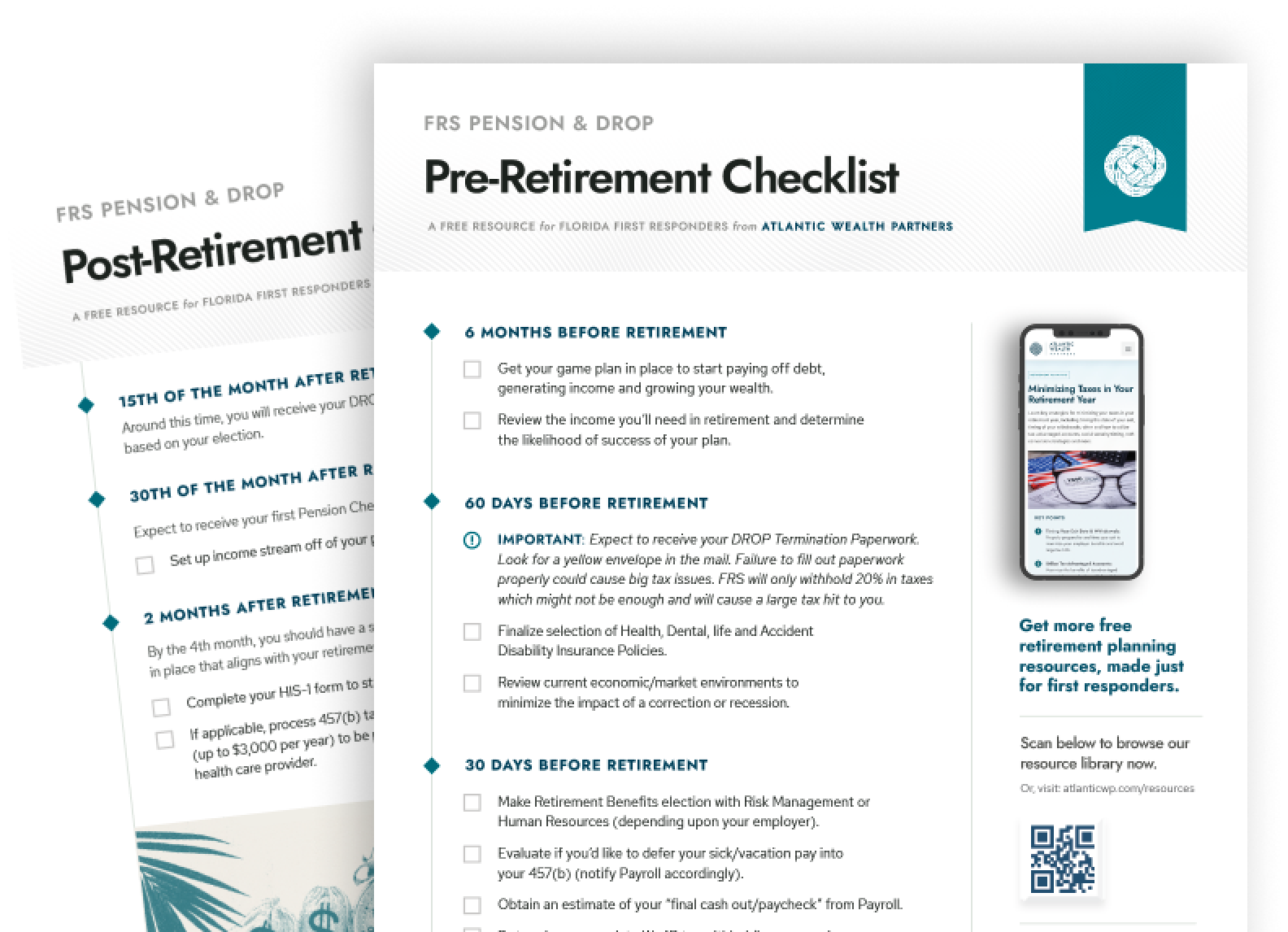Financial Advisor, Investment Advisor, Broker, “my guy” – these are all terms that seem to be used interchangeably when talking to clients. While they might all seem to be the same thing, they can, in fact, be very different in terms of how your advisor is compensated, where their loyalty lies, and the objectiveness of their advice.
Investment Options
As of 2019, there were approximately:
- 123,000 different mutual funds
- 6,970 Exchange Traded Funds (ETFs) (Statista)
- 630,000 individual stocks globally (Investopedia)
Your advisor has a world of options at their disposal to invest your capital. Unfortunately, some of these investment options come with the advisor’s best interest at the top of mind instead of the client’s.
What to Look Out For
The Funds
Without naming specific companies, there are many mutual fund companies that offer advisor kickbacks in the form of selling arrangements and 12(b)(1) fees to incentivize the advisor to invest client money with them.
In recent years, some of these companies have begun directly marketing to advisors who work with FRS Investment Self-Directed Brokerage Accounts and other 401(k) platforms. They advertise that the advisor can “get paid” on assets that are in these employer plans. Most employer plans do not allow the client’s advisor to charge an advisory/management fee on the assets being managed. This is the honest, objective, fiduciary approach, and the approach we as a firm take with local 457(b), deferred compensation plans.
Instead, the advisor, wanting to get paid, will invest their client’s accounts in funds that return a part of the fund management fee to the advisor – and the clients that they are working with have no idea! The expenses can be outrageous – in some cases well over 2% to 3% per year, per fund. It is a very dishonest and sneaky approach.
Example:
- Fund ABC
- Expense Ratio (Mutual Fund Companies Management Fee): 2.3%
- Holdings: 2 low-cost ETFs and cash (total internal fees for the holdings is only 0.11%)
- Net Fees Collected: 2.19%
- Advisor Kickback: 1.5%
The fee might not seem outrageous, but over the course of 10, 20, or 30 years, it is substantial. In the table below, we illustrate a $100,000 initial investment with an average annual growth rate of 6% invested in the above-mentioned ABC Mutual Fund vs. a low-cost alternative. Over the course of 30 years, the account value difference is over $260,000 with the same annual return between the two funds!
An advisor with your best interest in mind would invest you in the low-cost alternative, but unfortunately, we see ‘Fund ABC’ being used more frequently.
Company XYZ
- Well-known nationwide investment management firm that specializes in Self-Directed Brokerage Account management.
- Has partnerships with over a dozen investment firms (invests in their mutual funds) and can be utilized through 16 different custodians (if your retirement account provider (Fidelity, Lincoln, Empower, etc.) is on their platform they can work with you).
- Annual expenses for their fund options range from 2.15% to 3.07%.
What to Look For
Who Does Your Advisor Work For?
Do they work for a large/national company or are they local?Are they independent or affiliated with a subsidiary of a larger firm?Is the firm they work for in the advice business or are they in the product manufacturing business as well? For example, does their company also manufacture annuities, mutual funds, etc.?
Why does this matter? Most large firms are in the business of manufacturing products, and this is where they earn most of their revenue as a company.
They hire a salesforce to distribute their product but often call their salesforce “financial advisors”, “financial representatives”, or “financial planners”.
This is often why people feel awkward sales pressure when they sit down with a “financial planner” because they are really just sitting down with a salesperson in disguise.
How do They Get Paid?
Minimizing taxes can boost your net retirement income, helping you maintain a higher standard of living and meet financial goals. The money saved can be reinvested or used for other retirement expenses, providing a buffer against unforeseen costs.
Commission-Based: The professional’s income is earned via commissions from the products they sell to you.
Fee-Based: You are paying your financial planner/advisor a percentage of the assets he/she manages for you.
Flat-Fee: A fee is agreed upon ahead of time and re-evaluated on an ongoing basis (quarterly/yearly/etc.).
Are they a Fiduciary, or not?
A fiduciary is an individual or entity that has a moral, legal, and ethical obligation and is ethically bound to act in the best interest of their clients. The word fiduciary has been thrown around so much in the last couple of years that it seems like everybody claims to be a fiduciary these days.
But that is not the case. Some advisors, who are not fiduciaries, tell their clients that they have to abide by the code of ethics for ‘ABC Designation’ that they have. Not abiding by your designation’s ethics code is only an issue if it is reported by a client. Most clients do not know that they are being taken advantage of.We see time and time again clients come in with 5-6 annuities that their advisor sold them (to earn a 6-figure commission).
These annuities have not been reviewed by the advisor for years (because they aren’t paid to service these policies) and the annuities have underperformed the market significantly (often by more than 10-15% annualized).
No ethics violation was ever reported because the client thought their advisor had their best interest in mind.Another issue is that many firms can only sell their proprietary products which means there is no way for their financial planners to do the proper due diligence to say that they have found the product or investment that is best for you and your unique situation.
Additionally, many other firms have sales goals/quotas that their “financial planners” must meet to qualify for promotions or to be included in the annual company trips for their top salespeople. These create conflicts of interest.
Questions to Ask
When you meet with a financial planner, typically they will ask you a lot of questions. But, you need to ask them a lot of questions as well. Below are some questions that you should ask every financial advisor:
- Are you a Fiduciary? If they claim to be a fiduciary, it might be a good idea to ask them for examples of how they have put their client’s interests ahead of their own in the past.
- How do you get paid?
- What are my total costs (management fees plus fund fees)?
- What types of investments do you use?
- How often would we meet if I became your client? How often would we communicate?
- What are the tax implications to implement your investment strategy?
- Have you or anyone in your firm been subject to any disciplinary or legal actions?
The Bottom Line
The decision to work with a financial advisor can be very overwhelming. Many people know somebody who was taken advantage of by an advisor at some point in their life. Understanding the different compensation methods and fund choices as outlined above will put you in the driver’s seat to make an educated decision and not be ‘sold’ something by a salesman in disguise.
WORK WITH AWP
Make well-informed decisions with the right advisor.
Navigating the financial world and finding the right advisor can be challenging. At AWP, we take a transparent, fiduciary approach to ensure your best interests are always front and center. We specialize in helping first responders build and protect their wealth through objective, unbiased advice. Don’t get stuck with hidden fees or conflicts of interest—connect with us to receive the guidance you deserve for your financial future.



